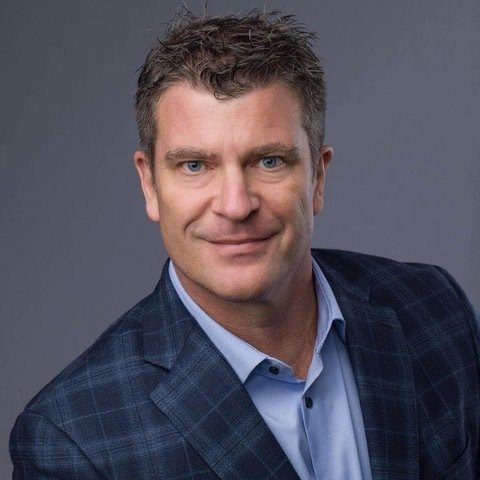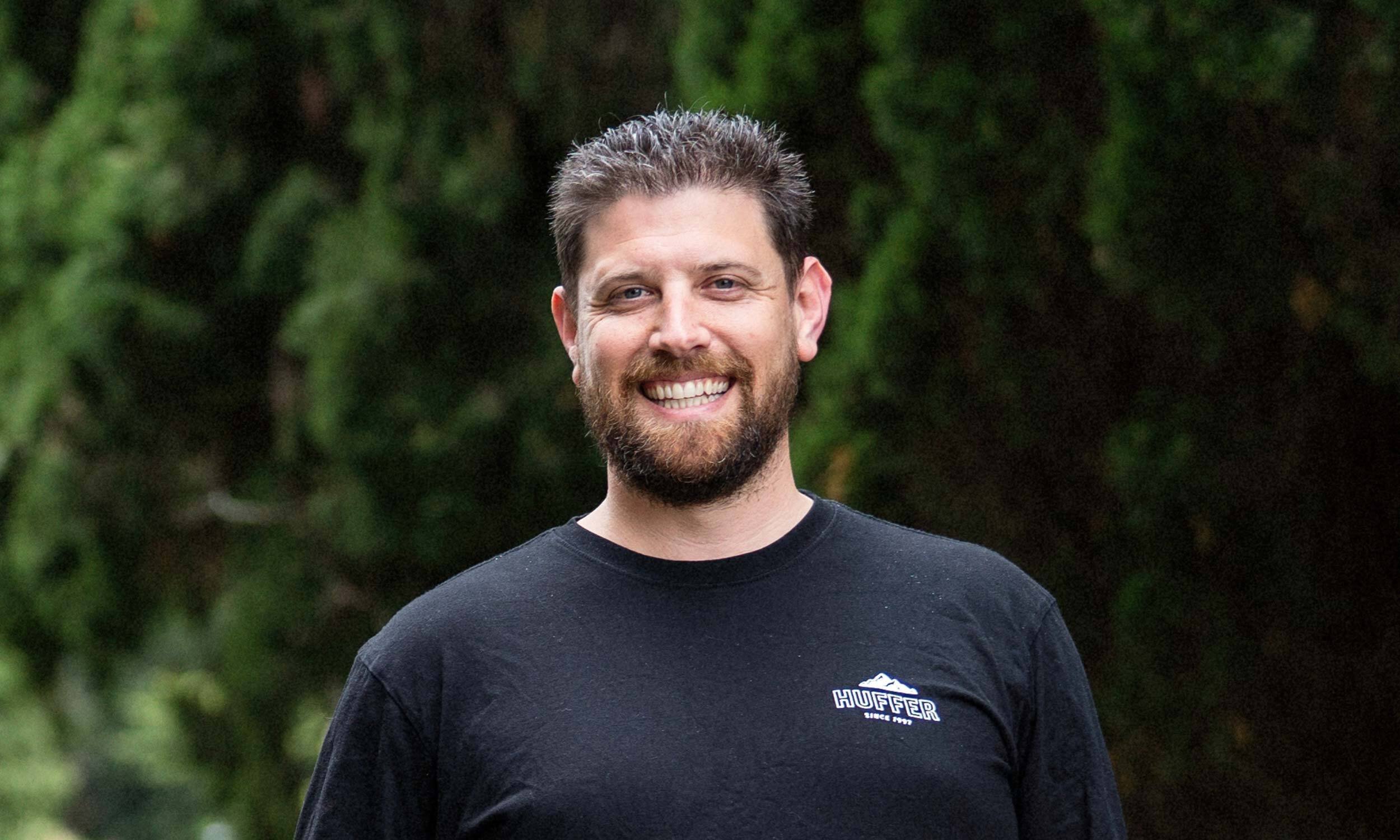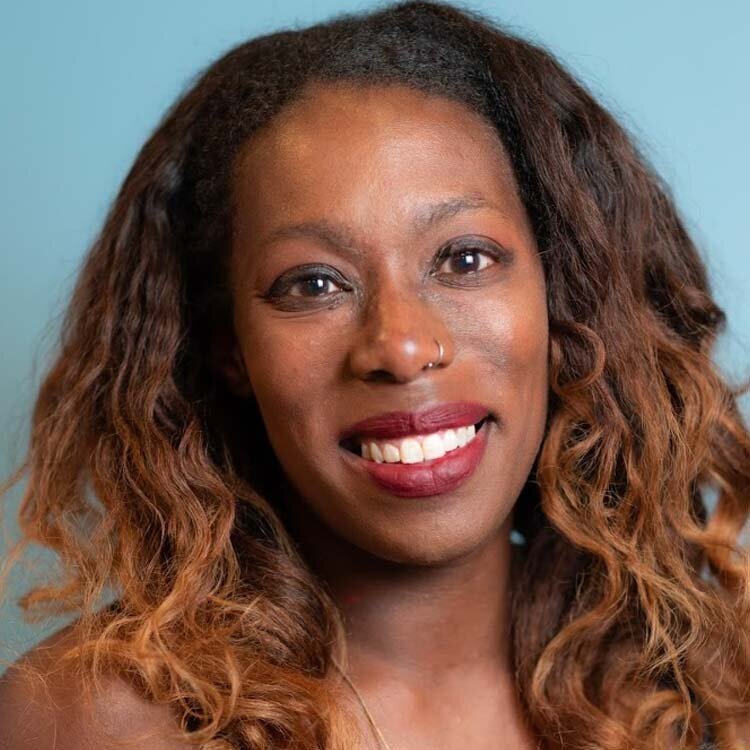Impact Snapshot
November 2023
In this month’s Impact Snapshot, read about EHF Fellows in action creating environmental, social and economic impact, plus recent recognitions and awards they’ve received.
Fellows in action 🎬
Conor Colwell is connecting African and Asian communities with critical services, and now wants to do the same in Aotearoa NZ. The co-founder of Liquidstar is addressing the challenge of energy access for remote communities through the development and deployment of Waypoints. Described as ‘civilization in a box', these multifunctional hubs are a portable, sustainable solution that ‘houses’ electricity, water generation, internet connectivity, and micro data centre capabilities.
His goal is for these Waypoints to form a decentralised and resilient global network that meets fundamental human needs, as well as connectivity and data requirements. This network will help to shape future infrastructure, supporting everything from governance to economy to distributed AI data and analysing and storing of data (with a bonus of crypto mining on extra energy).
This innovative approach has the potential to uplift the lives of billions lacking reliable access to essential services, fostering resilience in remote or disaster-prone regions and paving the way for a more sustainable and interconnected future. The technology behind the Waypoints has been tested in various pilot programmes, including locations in Jamaica, Indonesia, and currently in Djibouti, Africa.
Conor envisions a unique opportunity for Waypoints in Aotearoa NZ, proposing their application in disaster resilience efforts and as off-grid living solutions. Conor is getting ready to pilot Waypoints in NZ, and is currently seeking connections to agencies, organisations and individuals that may be able to contribute to a decentralised and resilient future for energy access, with Aotearoa NZ as the basecamp.
Find out more about Liquidstar here.
Kim Aitken is raising awareness and influencing the dialogue around adapting buildings for climate change.
As a guest speaker for the Wellington Regional Leadership Committee’s thought leader webinar '2030 Vision: Building resiliently in the face of climate change,' she presented a snapshot of the challenges and opportunities arising from the necessity to adapt our buildings for climate change.
Fostering a forward-looking mindset among the participants of the webinar, Kim continues to encourage innovative solutions and collaborative efforts that will shape a resilient and sustainable future for New Zealand’s construction landscape.
Nathaniel Calhoun and the Eco-Index team are providing a comprehensive understanding of the state of biodiversity restoration needs in Aotearoa NZ.
The Eco-index team has launched an interactive ‘Ecosystem Restoration Map’, offering detailed insights into the current status of native ecosystems, designed to initiate discussions and spur action. The map provides data layers, including heat maps, outlining restoration pathways and environmental economics estimating costs and returns in ecosystem services.
This comprehensive tool aims to guide efforts in restoring at least 15% natural ecosystem cover in each catchment, addressing the decline in native biodiversity due to human-induced changes, and offering a long-term goal for ecological restoration across diverse ecosystems in NZ.
See the map
Read more NZ Herald article
Read more The Conversation article
Sarah Grant and Kia Kotahi Ako have released an impact report on their pilot project, We Share Solar. The project has had many Fellows involved as advisors, funders and coordinators, including Joanne McEachen, Nikora Ngaropo, Barry Neal, Chuck Chai, Mike Bracco, Rich Bodo, Bex De Prospo, Satya Kumar, Erin Jackson, and Rajesh Kurup.
The report highlights the success of the project in Taranaki kura kaupapa (Māori-language immersion school), where the hands-on STEM programme has involved building solar panel kits and fostering a Māori approach to create equitable solutions.
The curriculum was co-designed with the local kura kaupapa, aiming to increase understanding of solar power and climate change among students and whānau.
Michelle Grenier is transforming complex ideas into emotionally resonant visualisations and art experiences, creating a powerful narrative that engages and inspires.
Her recent immersive experience at the Asia-Pacific Economic Cooperation (APEC) summit in San Francisco, called ‘Innovation Zone’, featured light art and physical displays celebrating San Francisco’s vibrant culture of pioneering innovations and sustainable solutions.
She created 25 minutes of original cinematic content, including a historic montage of breakthroughs, visual profiles of 23 present-day innovators, stunning scenes of the local natural world, an exploration of how patterns in nature inspire sustainable designs, and artist/AI-generated visions of sustainable futures.
Her work was experienced by the San Francisco mayor and local political leaders along with almost 2000 global media visiting from the APEC nations during a special gala reception.
Michael Sims (founder of Ceres Robotics), along with Michael D’Angelo, Emeline Paat-Dahlstrom, and Eric Dahlstrom (also from Ceres Robotics), are playing a crucial role in advancing space exploration technology.
Ceres Robotics has secured a NASA contract to develop a 50-kW solar power source for lunar missions, supporting habitats, rovers, and construction systems. Their cost-effective and innovative approach, including the C-Tower truss-mast, aims to extend mission life, maximise scientific output, and reduce overall system costs for future lunar exploration, aligning with their broader mission to enable humanity's multiplanetary presence.
Sasha Lockley’s social impact venture Money Sweetspot continues to be recognised for its contribution as a sustainable and responsible business model.
Money Sweetspot won the Social Impactor Award at the NZ Sustainable Business Network awards, which recognises the change being created for the good of people and the planet. Money Sweetspot also won the Social Entrepreneur of the Year category at the GEN New Zealand Entrepreneurial Ecosystem Awards 2023 in October.
Mark Lundstrom, CEO and founder of Radia, is helping to transform the global wind energy sector.
Mark’s (and Radia's) recent accolade as an Endeavor Entrepreneur, a prestigious global recognition, emphasises his commitment to excellence and positions him at the forefront of high-impact, high-growth entrepreneurship. This achievement not only validates Mark and Radia’s dedication but also highlights their potential to significantly influence and shape the future of clean energy on a global scale.
Florence and Chloe Van Dyke, co-founders of Chia Sisters, continue to address the environmental impact of single-use plastic bottles. They are demonstrating how circular economy thinking can lead to cost savings, business innovation, and the opening of new markets.
Chia Sisters have introduced a sustainable initiative, offering locally-made pressed juice on tap in kegs, which are returned, cleaned, and refilled, preventing millions of plastic bottles from entering the ecosystem.
The circular economy approach has not only reduced waste but also opened new channels, such as supplying hotels and large tourism operators, showcasing the potential for businesses to embrace sustainability and circularity.
Photo: TIM CUFF
Aaron McDonald, founder and CEO of Futureverse, is contributing to thought leadership to sustain and advance the growth of the tech and metaverse sectors in Aotearoa NZ.
Speaking at SXSW Sydney, Aaron cautioned against major changes in tech regulation, advocating for a business-friendly environment that has proven successful for Web 3.0 companies like Futureverse. His emphasis on the importance of AI in building the metaverse contributes to shaping perceptions about the role of emerging technologies in immersive connected worlds.
Additionally, his call for consistent treatment of digital assets companies by banks highlights challenges in the industry and proposes solutions for fostering a supportive financial ecosystem.
James Nikitine is raising awareness that protecting the ocean is crucial to addressing broader ecological challenges.
A guest speaker at La French Tech New Zealand TechAwards in Tāmaki Makaurau/Auckland, James’ presentation emphasised the critical role the ocean plays in addressing the ecological polycrisis, and that solutions to environmental challenges, such as climate change and biodiversity loss, are interconnected with the health and protection of the ocean.
James’ presentation and the initiatives of the Blue Cradle Foundation reflect a comprehensive approach that involves education, research, technology, collaboration with Indigenous communities, and active engagement of the public through citizen science.
Sonya Renee Taylor is contributing to a more informed younger generation. She is promoting inclusivity, awareness, and social change, and encouraging critical thinking around topics that are often considered challenging or taboo.
She released her new book ‘The Book of Radical Answers’, a work of non-fiction that gives honest, empowering and age appropriate answers to real questions from young readers about health, sex, gender, race and justice.
Tesh Randall is creating multi-faceted impact through her entrepreneurial endeavours and philanthropic efforts.
Tesh and her business partner, fellow Fellow Sebastian Walter, have successfully expanded Raglan Food Co from a home kitchen experiment to a sizeable venture, employing 30 locals, and achieving a notable market share, exporting to Singapore, Hong Kong, United Arab Emirates and the Pacific Islands. This month, Raglan Food Co launched in the United States.
Tesh's commitment to philanthropy adds another dimension to her story. Through the newly formed charitable trust, The Values Trust, established in collaboration with fellow Fellow Cheryl Reynolds, Tesh exemplifies how successful entrepreneurs can use their achievements to give back to the community and contribute to projects that positively impact society.
Read more
Photo: Dean Taylor
Sara Sutton, founder and CEO of FlexJobs is contributing thought leadership and valuable insights to the dialogue around the future of coworking.
In response to US-based WeWork's recent challenges, Sara expresses optimism about the industry's resilience, citing the normalisation of coworking as a viable work arrangement.
Sara’s position as a leader in the remote-job services means she has a nuanced understanding of the future of work landscape, which she recently shared with the BBC.
Y-Vonne Hutchinson, founder and CEO of ReadySet, is taking a transformative approach to redefine the landscape of online learning.
Y-Vonne has just launched NewDay, a platform that places emphasis on thoughtful content curation and immersive learning experiences to enhance the overall quality and relevance of educational resources.
By prioritising dynamic and learner-centric experiences and focusing on tailored learning, Y-vonne is providing individuals with self-paced options. The NewDay platform offers resources for continuous skill development to address the evolving needs of learners in a rapidly changing world.
Matthew Jackson and Harmaan Madon’s quest to create value from waste is being recognised. Their startup Alimentary Systems, developing innovative solutions to environmental challenges, has been selected as one of the top 10 eco-friendly startups to watch by Insights Success.
Their magazine feature can be read here (from page 18).
This follows Matthew’s recent attendance at the AIS Startup Blue Business Summit in Indonesia to discuss sustainable waste-to-energy solutions that prevent indirect discharge into ocean environments.
Bo Hendgren and Florence Van Dyke are promoting a collective effort toward more sustainable and socially responsible practices within the natural health industry.
Both Fellows were guests on the HealthPost podcast episode about navigating greenwashing vs. genuine sustainable change. Bo and Florence provided insights into sustainability, offering expert perspectives on challenges and opportunities for businesses.
The discussion delves into topics such as evolving definitions of sustainability, and how consumers can influence positive change, showcasing real-life sustainability journeys and collaborative efforts among values-based businesses.
*Images have been provided by Fellows or sourced from the Internet. EHF does not claim to own the images.



















